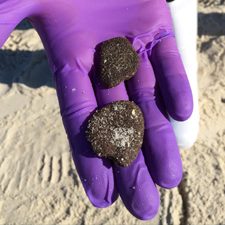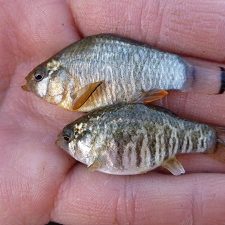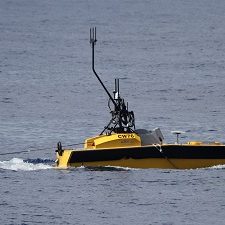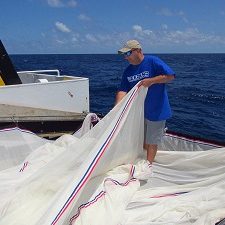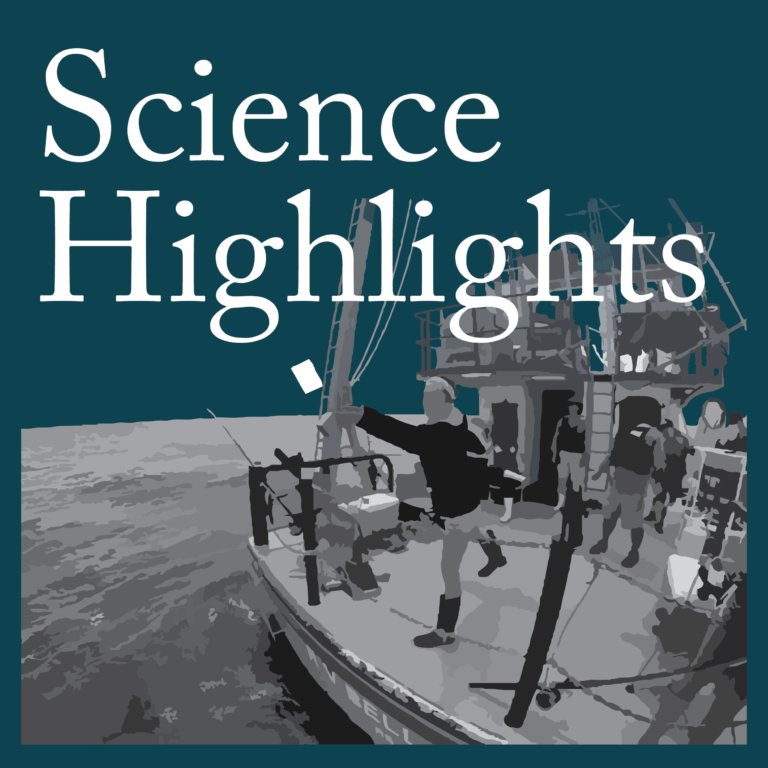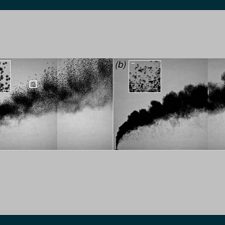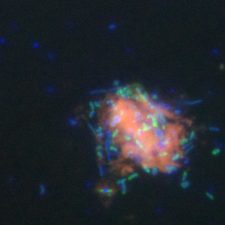Study Assesses How Sunlight and Microbial Degradation Affect Oil-Derived Sand Patties
Researchers analyzed the combined effects of photooxidation and biodegradation on sand patties associated with the Deepwater Horizon incident. The scientists found that irradiation contributed to increased concentrations of dissolved organic carbon, which leached from sand patties penetrated by seawater.

